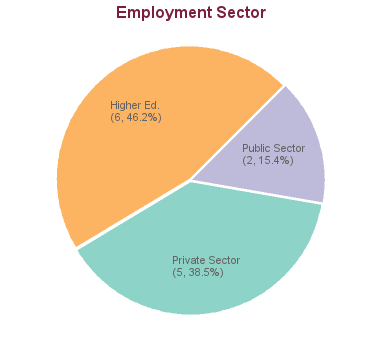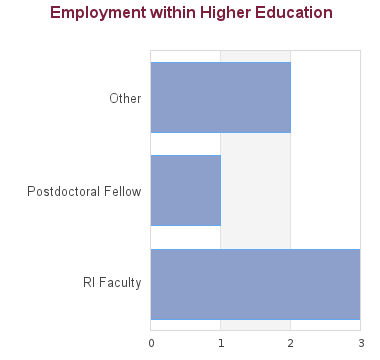Overview
Plant Science graduate program offers advanced study in applied plant biology, with a commitment to development of sustainable managed agroecosystems. Our graduate program offers opportunities for advanced studies in basic and applied research, leading to M.Sc. or Ph.D. degrees, in plant production, plant protection, plant biotechnology, plant physiology and biochemistry, and plant-environment interaction.
The program is enriched through collaborations with colleagues in graduate programs such as Food Science, Soil Science, Botany, Zoology. Collaborations include on-campus research centres such as the Biodiversity Research Centre, the Centre for Sustainable Food Systems, the Wine Research Centre, and off-campus research agencies/institutions such as Agriculture and Agri-Food Canada, the British Columbia Ministry of Agriculture, Fisheries and Food, the Canadian Light Source, and other Canadian universities.
What makes the program unique?
Our graduate program offers students the opportunity to develop their graduate studies uniquely tailored to their professional goals and research interests in consultation with their research supervisor. The diversity of plant agriculture in British Columbia provides excellent opportunities for students to select a cropping system most suitable for their thesis research. Students have the opportunity and are encouraged to develop their research programs through an interdisciplinary approach involving other departments on the campus.
Excellent facilities for thesis research are available on the UBC campus in the MacMillan Building, Centre for Sustainable Food Systems at UBC Farm, Totem Field Laboratory, UBC Wine Research Centre, the Michael Smith Laboratories, and the Horticulture Glasshouse. Some Plant Science graduate students also work with our Adjunct Professors, spread throughout the province of British Columbia.
Quick Facts
Intake
Intake
Intake
Program Enquiries
Contact the program
Supervisor Search
Departments/Programs may update graduate degree program details through the Faculty & Staff portal. To update contact details for application inquiries, please use this form.







